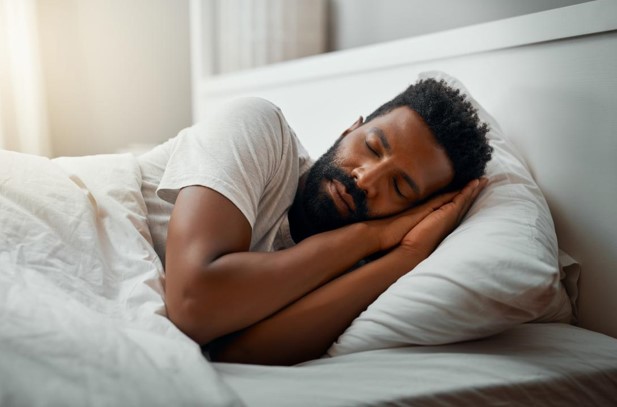Blog

External Factors That Influence The Quality Of Your Sleep
The human body relies on a cycle of wakefulness and sleep in order to stay healthy and function at the best possible abilities. The problem is that different external and internal factors influence the balance of the wake-sleep system. Some of the important external factors you might not be aware of are presented below.
Light Exposure
Light affects your sleep indirectly (it influences the internal clock’s timing) and directly (makes it difficult to fall asleep). The important thing that needs to be remembered is that when you are exposed to light late during the evening, the internal clock is affected. We end up preferring to sleep at a later time. When light exposure appears late during the night, effects can be unpredictable. However, what is for sure is that getting back to sleep becomes really difficult.
Sleeping Environment
Your bedroom environment has a huge influence on sleep quantity and quality. Many variables combine in order to create this sleeping environment, including temperature, noise, light and even the mattress you sleep on. In order to get the best possible sleep, you need to be faced with sleep environment factors that make you feel at ease while eliminating all factors that cause distractions and stress.
When referring to light, the best thing you can do is to make sure all lights are turned off. When looking at noise, there are background sounds that could relax you. However, volume levels have to be low. If this does not happen, you end up being awakened several times and cannot reach deep sleep stages.
The best temperature to sleep varies from one person to the next. It is impossible to recommend an appropriate temperature that offers improvements to optimal sleeping patterns. You need to figure this out yourself but remember that extreme temperatures do disrupt sleep. This means you should not sleep in an environment that is too cold or too hot.
Shift Work And Jet Lag
Usually, light lets the body know what time it is so it can decide when it should prepare for sleep and when the opposite should happen. When light exposure changes because of traveling across different time zones or being involved in shift work, problems appear. When faced with normal conditions, the internal clock influences the ability to sleep at different times during the day, together with what sleep stages are experienced during sleep.
When jet lag appears, two symptoms become common:
- Insomnia– When trying to sleep outside of times dictated by the internal body clock.
- Excessive sleepiness– Because the body dictates it should sleep but you cannot do so.
Anxiety, Pan And Medical Conditions
Last but not least, there are numerous psychological and medical conditions that will impact sleep distribution and structure. This includes things like arthritis that causes chronic pain, gastroesophageal reflux disease discomfort, pre-menstrual syndrome, and more. Similarly to the other sleep disruptions, discomfort and pain limit sleep depth and leads to short sleep episodes between awakenings.
People of all ages can experience depression, anxiety, and stress that make it very difficult to actually fall asleep. When they do sleep, it is light and much more REM sleep appears, as opposed to the much needed deep sleep.
Final Thoughts
All the factors mentioned above will influence the quality of your sleep. Many others can also be highlighted. What is important at the end of the day is to monitor your sleeping patterns. Whenever you do not sleep right or as much as the body needs and you feel tired throughout the day, the best thing you can do is to go to a doctor and see what is wrong.



Comments